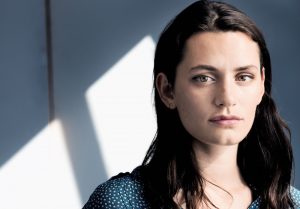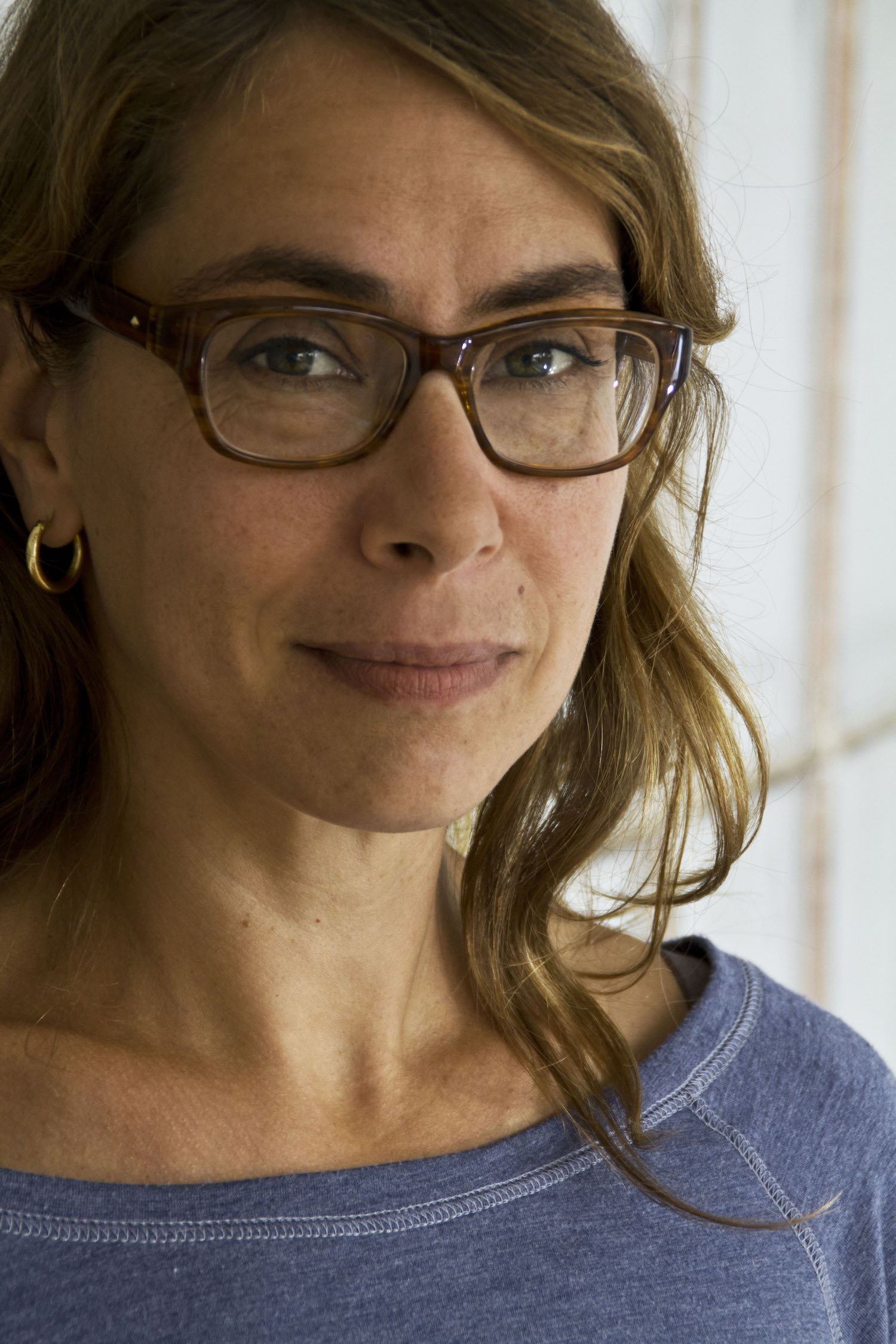
Raquel Kishori Dukpa ist Drehbuchautorin, Producer und Casting Director. Sie studierte an der Universität Hildesheim mit den Studienschwerpunkten Film, queerfeministische Theorie und Populäre Kultur. Seit 2016 ist sie Teil von JÜNGLINGE und wirkte als Casting Director, in der Produktion sowie in der Recherche des gemeinsamen Debütfilms „FUTUR DREI“ mit. Zusammen mit Arpana Berndt ist sie Herausgeberin des begleitenden Katalogs „I SEE YOU – Gedanken zum Film FUTUR DREI“, der bei edition assemblage erschien. Seitdem entwickelt und produziert Raquel Dukpa zusammen mit Faraz Shariat und Paulina Lorenz im gemeinsamen Kollektiv diverse Spielfilm- und Serienprojekte. Gemeinsam mit Tara Afsah und Lilian Pfeuffer kuratierte und moderierte sie außerdem die Veranstaltungsreihe CINEMA+CONTEXT an der Volksbühne in Berlin.
2020 war Raquel Dukpa Autorin und Casterin der 6. Staffel der Jugendserie „DRUCK“ (ZDF/funk). Für ihre Leistung als Casterin wurde sie 2021 mit dem Deutschen Schauspielpreis ausgezeichnet. Sie schrieb für die Medical-Serie „KRANK“ (ZDF) und für die Anthologie-Serie „ZEIT VERBRECHEN“ die Folge „LOVE BY PROXY“ (zusammen mit Faraz Shariat und Paulina Lorenz), die auf der Berlinale 2024 im Panorama ihre Premiere feierte.
> Das Referat bei ZFICTION.24 | Narrative und Besetzung im Wechselspiel


